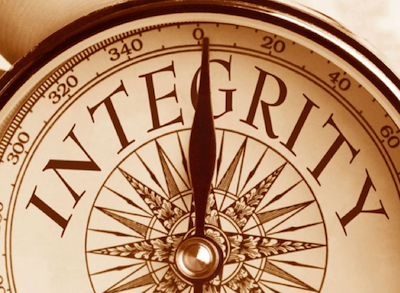
By Stephen Morton-Prior, July 29 2014, C&IT Blog
Last month, I was sitting next to my husband watching the news and an article on London’s Gay Pride came up. I asked him “Why do we have Gay Pride now, we have equality, we have the same rights as everyone else”. As I said this, a Drag Queen was interviewed being asked that exact question. The answer…… “Because there are so many places in the world where being gay is a crime, punishable in some countries by death”.
That hit me hard. As a gay man creeping into his forties, I know what oppression feels like. I remember as a student marching through London protesting for equal rights, or to at least to be recognised and not to repressed as a minority. The need for Gay Pride remains therefore as strong as ever
There has been much talk recently about an international hotel chain and its Brunei owner. At present, Brunei plans to condemn homosexuals to death by stoning, triggering mixed opinion from the events industry, corporations, travellers and celebrities, regarding what should be done. Some advocate boycotting the hotel chain, and indeed one very famous CEO has cautioned his staff about not scheduling any events there. Others, however, actively support the hotels for the sake of the front line staff, whose pockets and livelihoods will be affected by such boycott action, unlike the pockets of a billionaire investor whose income does not depend on the hotels being occupied.
However, given that many brands are now owned by individuals that share alternative values and beliefs, this leads to the question of ‘where do we draw the line?’. There are many countries, regimes and companies that advocate similar laws and social inequality who, as an industry, we frequently give business to. There are many event destinations that we as an industry promote, which go against the very fabric of the UK’s and EU’s human rights policy, whether this be about sexuality, gender equality, disabilities, children’s or workers rights.
For many years, as an industry we have discussed the value of Corporate Social Responsibility, using it as a value add to win clients. It is possible that a modern CSR isn’t about saving paper, turning off light switches and using local suppliers (although all are important). It’s possibly about understanding the destinations, suppliers and companies we engage in. Yet how far can we go with this and do we have a right to ensure (or even decide) that destinations and suppliers share the same values as ourselves and our clients and therefore, are ethically worthy of our custom? In turn, what are we measuring these ethics against? Our own, our clients, our countries laws?
At Clearwater Events, we have and still want to use suppliers and promote destinations that share a similar ethos to our own. However, we have had to question if we have the moral right to do this. Are we right to assume our clients even want to be informed about such matters and have their events guided by a moral compass rather than one that meets the needs of their brief?
I feel as an industry, it is our job to make decisions based on safety, human rights and social acceptance, and that we have a right to choose what destinations and companies we promote and educate clients on. So there is a possible need for a moral compass, however surely it’s all or nothing….. if you boycott one, you have to boycott them all.
And there lies the problem of the moral compass as this path is never ending, and depending on your client, any destination could be viewed as morally corrupt, discriminatory or oppressive as everyone’s views and ‘moral compass’ is different. But it’s even more complicated than that, as dig a little deeper and we soon see that many companies and organisations have money oozing into them from a variety individuals, religions and regimes, and it would arguably get to a point where we cannot use the majority of venues or even use certain credit cards to book them with.
So, ending with a question for you – would you ever say “no” based on what you believe to be unacceptable laws, attitudes, and behaviours from a destination or supplier, and, as an industry, can we afford to? As an industry, can we afford to cherry pick who we want to work with or not based on an idealised moral compass. Surely it is all or nothing, otherwise we become hypocritical and inconsistent, yet taking this approach could be considered naive and possibly damaging?